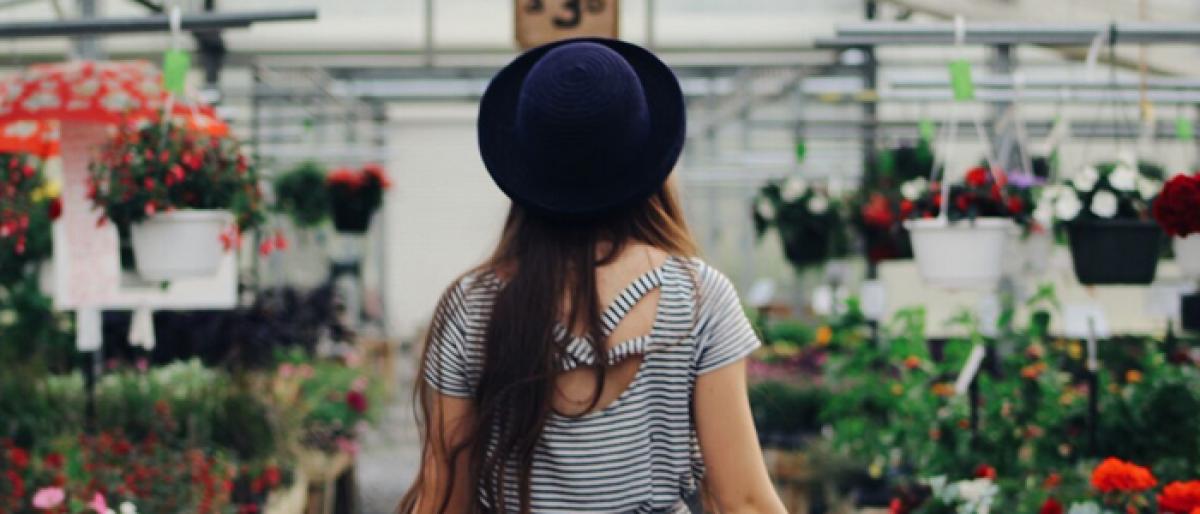Happy Gardening!

More often than not millennials are labelled as a bunch of selfabsorbed, superficial, narcissists The society has long been criticising them for their nonchalant, laidback attitude towards life However, the reality is something else Several studies have shown that the majority of young people deeply care about nature
More often than not millennials are labelled as a bunch of self-absorbed, superficial, narcissists. The society has long been criticising them for their nonchalant, laid-back attitude towards life. However, the reality is something else. Several studies have shown that the majority of young people deeply care about nature.
Their love for plants is significantly more compared to their previous generations. Since these twenty-something people mostly reside in urban areas that lack natural greenery, they are opting for houseplants. The sales of houseplants worldwide have skyrocketed over the last decade, with people aged between 18 and 30 filling up their residencies with Aloe Vera or Peace Lily.
Many factors have played a role in millennials’ growing affinity towards houseplants. From adding a touch of greenery to generating a sense of responsibility, here’s why young people are falling in love with houseplants.
Aesthetical value
Houseplants without a doubt liven up our indoors. People in their 20s can’t really afford to buy houses in metro cities where the property price is always on the rise. Instead, they are stuck in tiny, rental apartments with little to no access to yard space. Hence, millennials are picking up houseplants to bring the garden inside their homes.
Social media trend
While it may not necessarily be a bad thing, millennials are addicted to social media. From Pinterest to Instagram, social media trends definitely make a huge impact on the minds of today’s generation. Millennials take inspiration from numerous accounts that are filled with picture-perfect plants sitting in equally exquisite, spacious apartments. And, many of them end up recreating it themselves. Instagram accounts like @warsawjungle, @behind_the_seeds, @tribeandus, and many more boast thousands of followers.
Low responsibility
With career being their first priority, millennials hardly have any time for personal relationships. Burdened with expectations, they are not ready to take up any serious responsibilities. Since plants are low-maintenance, youngsters don’t get too overwhelmed. Houseplants do not require much attention or time. Hence, they don’t hamper the fast-moving lifestyle of millennials. Millennials refuse to settle down early or have children, so houseplant is the most viable option for them.
Wellness culture
Even a few years back, the word wellness was not frequently heard. First coined in the 1950s by Dr Halbert Dunn, wellness refers to not only the absence of any ailments but also the dynamic process toward a healthy and fulfilling life. With the rise of online media, it has now become an integral part of the vocabulary of the Gen Y. Wellness culture establishes the idea that the surroundings in our homes affect our physical and mental wellbeing.
Health benefits
Houseplants like Lavender, Grape Ivy, Devil’s Ivy, Peace Lily, Snake Plant, and Lady Palm have air purifying properties. These plants can improve the quality of air quality of our houses. Going by research conducted by NASA in 1989, some specific houseplants have the ability to absorb harmful toxins from the air that have adverse effects on our health. Also, houseplants effectively bring down the level of carbon dioxide in the air. Millennials, who focus deeply on self-care, are quite aware of these facts.
- Myna Batavia, the founder of Green Carpet








